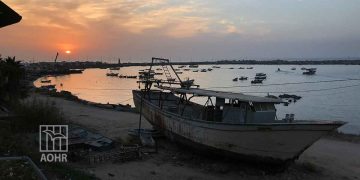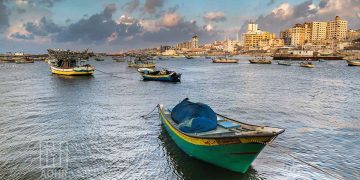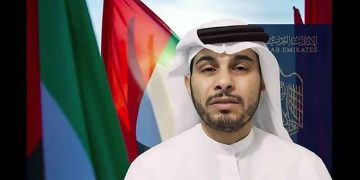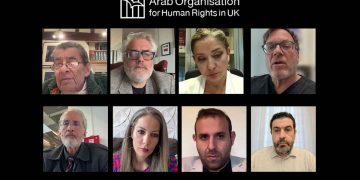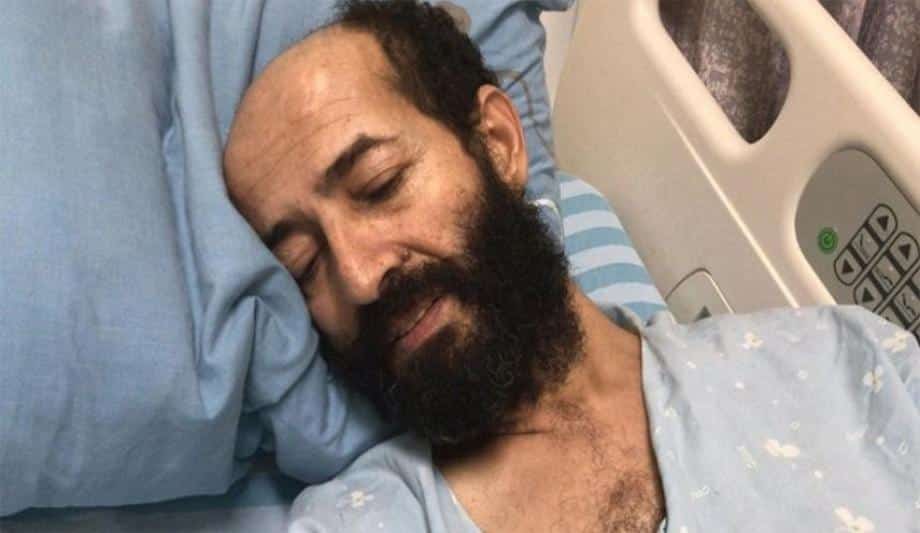The second of November marks the International Day to End Impunity for Crimes Against Journalists in Peace and War. Hundreds of journalists have been killed or injured while covering violent events during wars, while others were arrested, tortured, forcibly disappeared, or sentenced for years on fabricated charges such as belonging to a terrorist organisation or posing a threat to the national security.
Although journalism is a tiring and risky profession, there are those who actively try to make it impossible and those are the ones who fear the truth reaching the general public, so as a result in these countries you only end up with loyal press whose sole mission is to praise and push the regimes agenda while simultaneously attempting to white-wash its image.
The violent response by dictatorial regimes towards the free press does not face any deterrent or pushback; therefore, one can only assume that impunity exists and is prevalent. That is due to the fact that in countries where the press is free and respected, where the ideals of journalism are paraded and championed, they choose silence rather than upholding these principles in an attempt to protect mutual interests (be it security, arms deals, or economic exchanges).
As a result of the lack of accountability; the International Day to End Impunity has become a day which reminds us of the suffering the imprisoned journalists have endured. During the last 3 years (2016-2019) more than 1,200 journalists were killed. This astonishing number confirms that these dictatorial countries have waged a war against the truth.
There is no local or domestic apparatus that protects journalists and journalism. For example, Mahmoud Hussein, a journalist from Al-Jazeera, has been arrested for more than a thousand days without a charge or trial. The Egyptian authorities have resisted calls to release Mahmoud Hussein as they continue to keep him hostage in an attempt to pressure Al-Jazeera into changing its editorial stance on Egypt.
The farcical justice that journalists receive will not end unless the hypocrisy of some of these countries that claim to believe in the principles of a free press and the right of free expressions ends. These countries continue to make deals and strengthening ties with these oppressive and dictatorial regimes, who not only don’t believe these principles, but they go above and beyond with their intimidation tactics that include oppression, imprisonment, torture and even killing. These relations reinforce their oppression and strengthens them by giving them an aura of indifference when these criticisms are tabled against them.
The formation of an international court that only specialises in crimes against journalists has become a must need in order to hold accountable all those who continue to repress and attempt to silence journalists and journalism in a systematic manner attempting to hide the truth and manipulate public awareness, serving their interests and their personal agendas.



